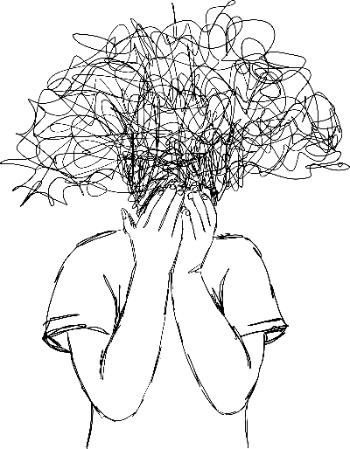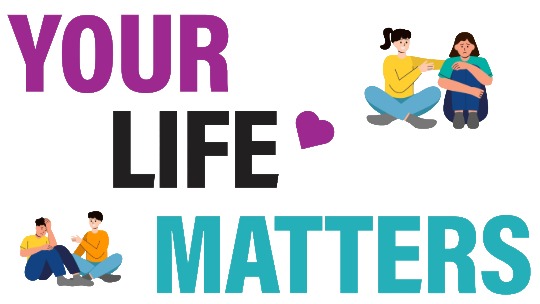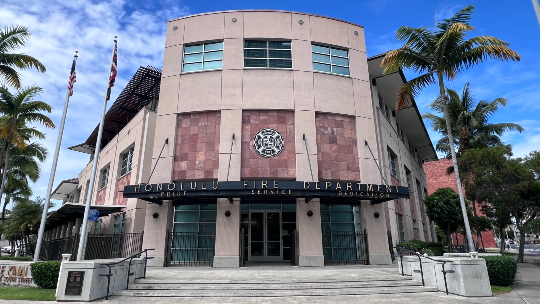Hawaii’s suicide rate is rising. It’s increased by 18 percent, according to the Centers for Disease Control. In fact, rates have risen steadily in almost every state across the country. The increase has been blamed on societal changes like technology, social media, and cyberbullying, but the truth is there’s no easy answer. Big changes, financial strain, or the death of a friend or family member, particularly by suicide, are all risk factors, but there are usually many factors at play when someone makes the decision to end their life.
Suicide, and the depression that often accompanies it, are so stigmatized and personal that they can be hard to understand. The first thing to know is that depression isn’t the same as being sad. “People with depression can’t just cheer up,” says James Westphal, M.D., medical director at Beacon Health Partners. “The normal things people do to improve their mood won’t change the way someone with depression feels.” That’s because depression is an illness caused by chemical imbalances in the brain.
 When depression escalates into feelings of worthlessness and hopelessness, suicide can seem like a solution to those suffering. Not everyone thinking about suicide talks about it. In fact, it’s common for those suffering to hide it well. So if you’re worried about someone in your life, it’s important to know that talking to that person about suicide won’t put the idea in their head.
When depression escalates into feelings of worthlessness and hopelessness, suicide can seem like a solution to those suffering. Not everyone thinking about suicide talks about it. In fact, it’s common for those suffering to hide it well. So if you’re worried about someone in your life, it’s important to know that talking to that person about suicide won’t put the idea in their head.
“Having that first conversation is incredibly important,” says Pedro Haro, deputy director at Mental Health America of Hawaii. “We avoid the subject because we’re not sure what comes next. But having the conversation increases the likelihood the person seeks help.”
If you’re not sure what to do next, Haro suggests providing your loved one with the Crisis Line of Hawaii (listed below) and letting them know you want to help. The crisis line can be a lifeline for those suffering. Highly trained professionals are available 24 hours a day, 7 days a week. And it’s not just for those in need; it’s a valuable resource for the people who care about them, too.
Haro says if you’re suffering from depression or considering suicide, it’s best to have two types of people on speed dial: someone who makes you feel good and someone you can talk to. These connections are priceless when you’re in a moment of crisis. Being honest about suicide isn’t easy because it’s tied up in so much shame and stigma, but connecting with others when you’re feeling low is often the best way to remember what makes life worth living.
When you’re spiraling, it can be hard to remember the things that bring you joy. But reflecting on moments of gratitude can break that mental cycle. “Having a gratitude journal is incredibly helpful,” says Haro. “Writing down three things you’re grateful for can be incredibly powerful in shifting your mood in that moment.”
If you or someone you care about needs help, call the Crisis Line of Hawaii on Oahu at 832-3100 or (800) 753-6879 on Neighbor Islands. Someone is always there, ready to listen and help.




